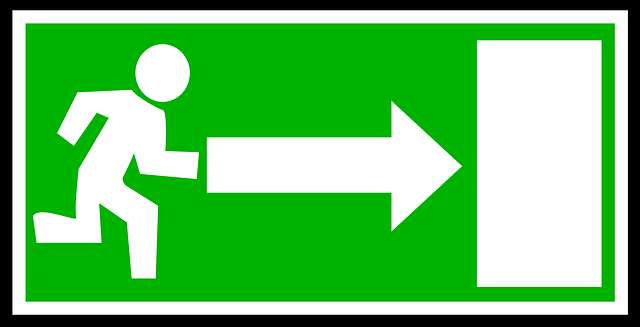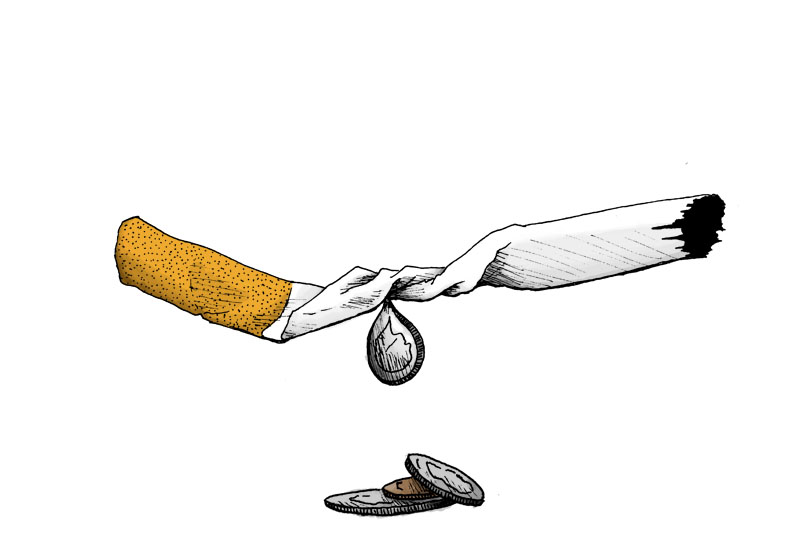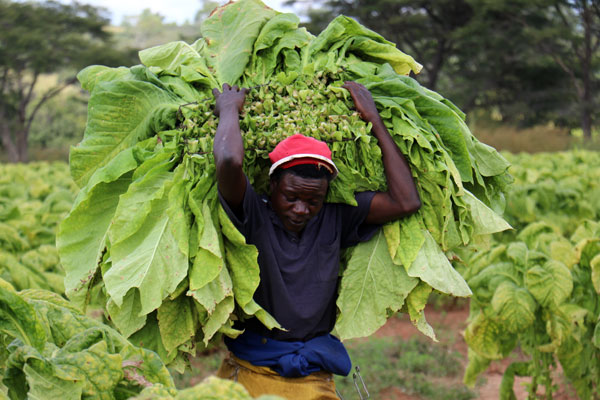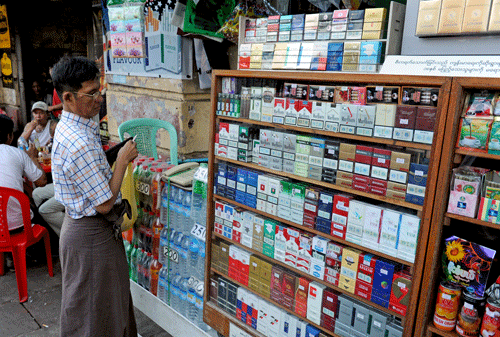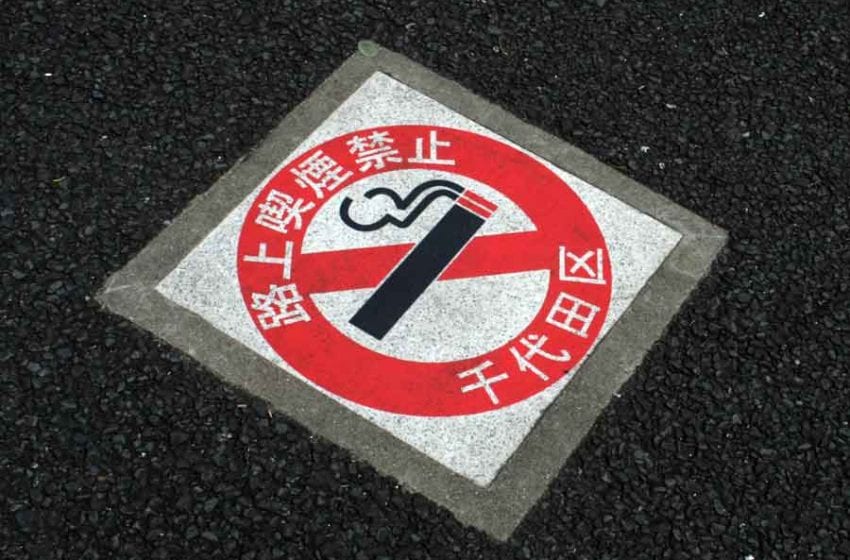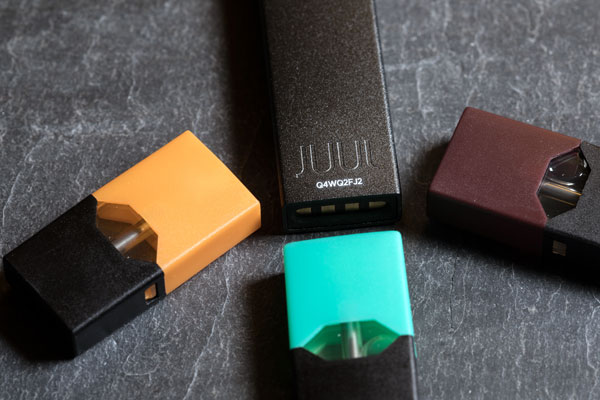Juul Labs is leaving the Vapor Technology Association (VTA), an advocacy group for the vapor and e-cigarette industry, because of the association’s lawsuit against the U.S. Food and Drug Administration (FDA).
“Yesterday, Juul [Labs] announced that it would not be renewing its membership with the Vapor Technology Association, citing the lawsuit that [the] VTA recently filed against [the] FDA and policy differences,” the group said in an email to its membership on Wednesday.
The lawsuit seeks to prevent the FDA from enforcing its new May 2020 deadline for manufacturers to submit a premarket tobacco product application for vapor products with nicotine. The group sued to delay the deadline, arguing that it could hurt smaller vapor companies.
The VTA said it was “surprised” by Juul Labs’ opposition to the filing, noting that the company’s designated VTA board member “participated in the VTA board meeting held to consider the lawsuit against [the] FDA but never objected.”

